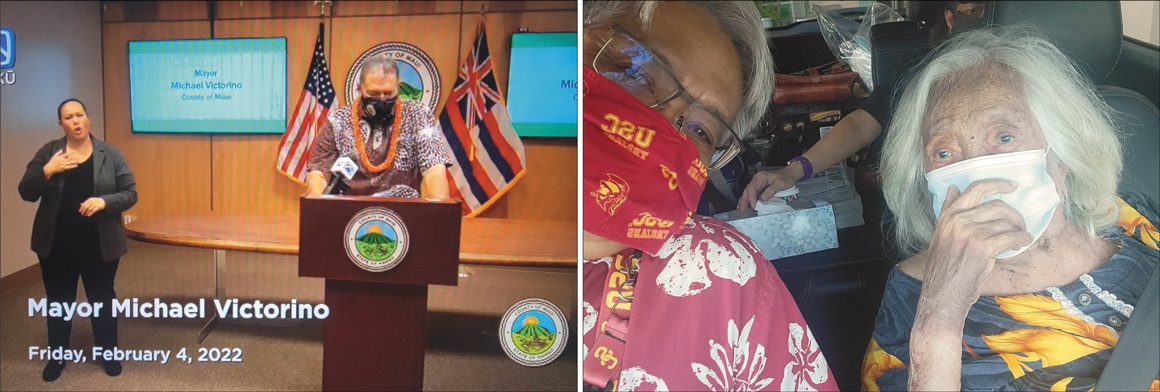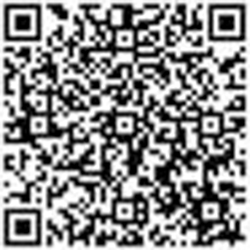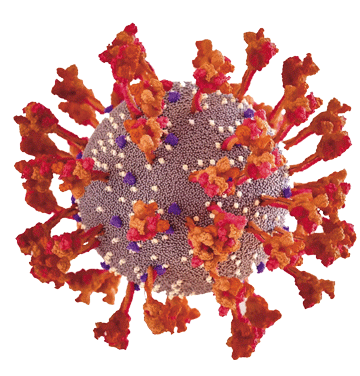![]()
Surviving the Omicron Surge
Errol Buntuyan, M.D., FAAFP
The Omicron variant of COVID 19 has made a significant impact on Maui to start this New Year. We have seen record high infection rates and hospitalizations, more so than we have since the start of the pandemic. Almost all those currently infected and who suffer with severe symptoms continue to be the unvaccinated. Those partially vaccinated, and not yet boosted are also becoming infected with the Omicron variant but are much less sick. The majority of patients are the younger population under 50 years old and many are also children.
The good thing about this latest surge is the death rates are much lower than the previous Delta spike in September. More people have become infected over the last month than there were in half of 2021’s positive cases. The number of deaths from this Omicron surge in January, however, have only been 40–50 lives lost for the entire State of Hawai‘i. This means this variant is not as deadly as the previous strains although the number of new cases of Omicron are decreasing, there is an expected lag in people who will die from COVID this month and unfortunately there will be more deaths reported from this latest wave. Overall this lower percentage of death rates hopefully indicates future variants will continue to cause less suffering and death. During this latest Omicron surge, Filipinos sadly still constitute the largest percentage of those deaths at 23 percent in the State of Hawai‘i.

Screenshot and photo: Alfredo Evangelista
The Omicron surge peaked in late January, with positive cases continuing to decline entering in early February. With the large number of people infected in the last month, natural immunity against COVID is now a majority of our population. Thus we should now be more protected with this immunity. For those who got vaccinated and boosted, the T-cell and B-cell responses to Omicron infection have proven to be superior in protection. COVID vaccination is still the best way to fight against infection, avoid suffering from symptoms and prevent hospitalization.
The treatment regimens against COVID have also improved during this surge. The most effective monoclonal antibody treatment is now Sotrovimab. The prior treatment from Regeneron is no longer helpful. This new IV infusion treatment is only available at the hospital (Maui Health Systems). Currently a tier system determines who is eligible to get Sotrovimab. There is now an oral medication available. Paxlovid is an oral treatment that if taken within five days of symptom onset can help reduce further illness and prevent hospitalization. Paxlovid has many drug to drug interactions and thus screening is needed to get this medication.
The Maui Health Systems (MHS) website www.mauihealth.org has more information and a referral/application form to determine if you are eligible for either of these medication treatments. Currently only MHS has the ability to order these medications. A QR code with the link to the MHS referral/application form is shown.

Though the risk of severe illness and death from Omicron has decreased since the prior surges, there are still many down sides to getting infected. Having to take off from work, disruption of social/travel plans and being at risk of exposing others are impactful outcomes to testing positive. Many folks also have lingering COVID symptoms which persist for weeks after turning positive. It is still too early to tell how many of these Omicron symptoms will persist for over three months and end as Long COVID. The prolonged symptoms of fatigue, headache, cough, brain fog, joint aches and digestive issues are still uncomfortable conditions to suffer through often with no cure.
On the immunization front, only 32 percent of those eligible on Maui has had three doses of the COVID vaccine. On Maui, receiving the booster is considered to be “fully vaccinated” and experts have determined having the booster will give the best protection against Omicron. Many Maui restaurants are still requiring proof of vaccination and as of February 7, boosters are recommended but not required to enter and dine inside. If you have not yet gotten your booster dose after five months of your second dose, please plan to get your booster completed to stay protected.
For our keiki, Pfizer vaccines are available for children five years old and up. Boosters are currently only available for children 12–17 years old at least five months after completing the primary series. Moderately or severely immunocompromised people aged five-plus years who received the Pfizer vaccine primary three shot series are eligible for a single Pfizer booster dose at least five months after completing their additional primary series.

As we end yet another COVID surge, we will have survived another wave of illnesses, disruption, suffering and dismay. Our quest back to normalcy will again resume as the cases drop. Social calendars will fill, travel plans will be made and gatherings and parties will ensue.
Here are things we must do after this surge to ensure success against future variants:
We must stay as protected as possible by getting vaccinated and boosted. The website mauinuistrong.info has all the vaccination sites on the island with contact information on how to get an appointment.
Know your COVID status if you feel symptoms or are exposed. Home testing kits will be more readily available at pharmacies, online and retail outlets. Medical facilities are continuing to offer testing appointments. The website mauinuistrong.info also has the updated testing sites throughout the island.
If you have any symptoms or are feeling sick, please stay home, limit your exposures, wash your hands and mask/cover up those coughs. We must learn to live with COVID as if it were any of the other viral illnesses we had in the past. We must strive to prevent the spread of respiratory droplets to others and spreading infection.
Most of all, take good care of yourselves. Stay as healthy as possible by eating a diet of mostly plants (fruits and vegetables) with limited processed junk foods and minimal sugar. Get your rest and try to achieve 7–9 hours of sleep each night. Decrease your stress levels by staying active with at least 30 minutes a day of movement (walking, gardening, housework, sports, gym) for a minimum of five days a week. We know COVID tends to target those with chronic illnesses like diabetes and high blood pressure or those who are overweight and obese. Working to improve your health will prevent you from suffering from severe COVID symptoms should you turn positive.
We hope the next few months will be a time for our Maui community to reset. We hope there will not be another COVID variant to come upon us anytime soon. We can only do our best to stay prepared for the next wave and further build on our resiliency as we march along this pandemic journey.
 Errol Buntuyan, M.D. is a Family Medicine Practitioner and the Physician in Charge of Maui Primary Care at Kaiser Permanente. Born in Quezon City and raised in Southern California, he has been practicing medicine on Maui since 2007. Dr. Buntuyan promotes whole food, plant based nutrition, regular physical activity, stress mindfulness and sleep hygiene as keys to optimum health and wellness. He enjoys cooking, playing tennis and travel.
Errol Buntuyan, M.D. is a Family Medicine Practitioner and the Physician in Charge of Maui Primary Care at Kaiser Permanente. Born in Quezon City and raised in Southern California, he has been practicing medicine on Maui since 2007. Dr. Buntuyan promotes whole food, plant based nutrition, regular physical activity, stress mindfulness and sleep hygiene as keys to optimum health and wellness. He enjoys cooking, playing tennis and travel.
